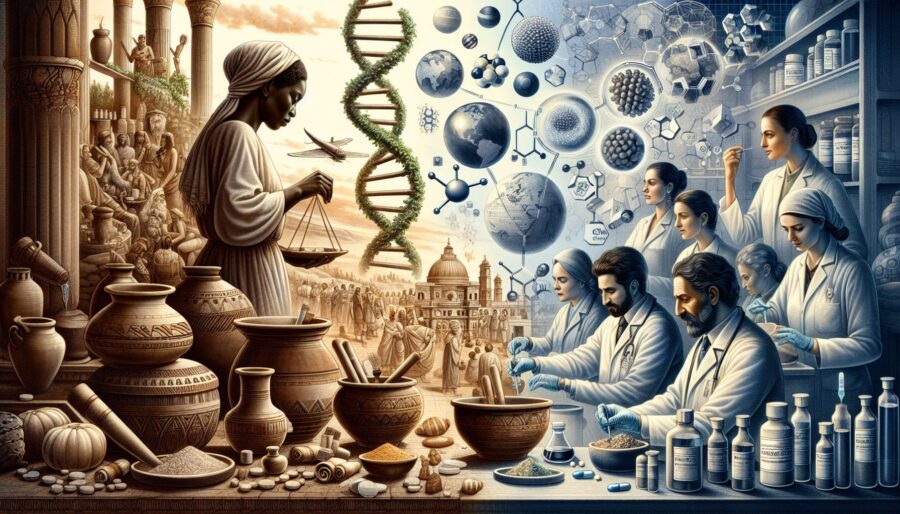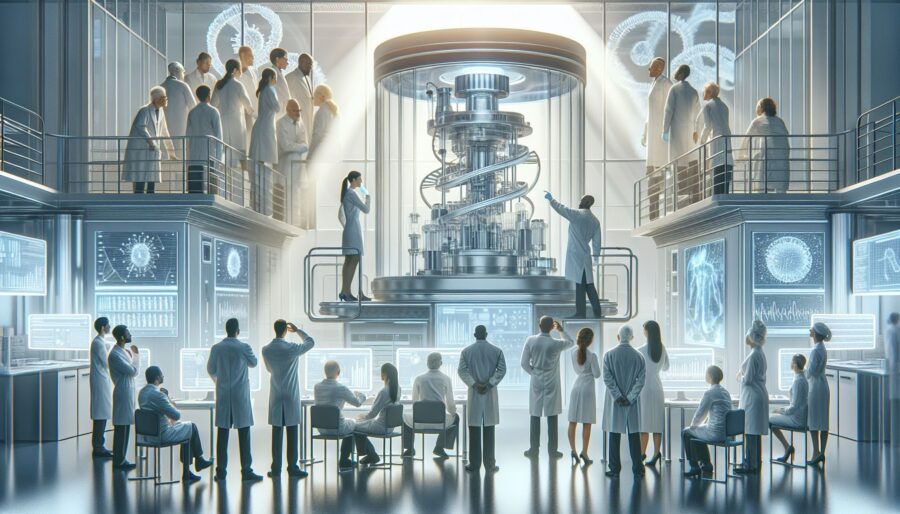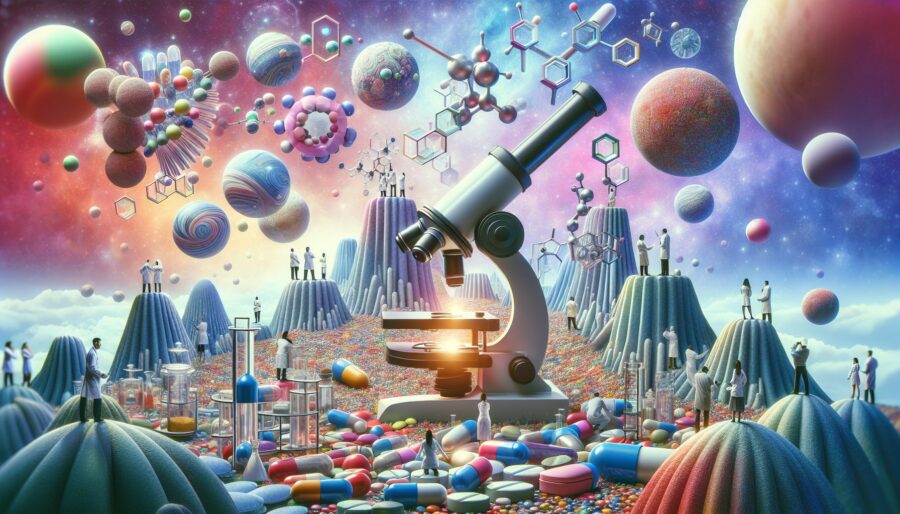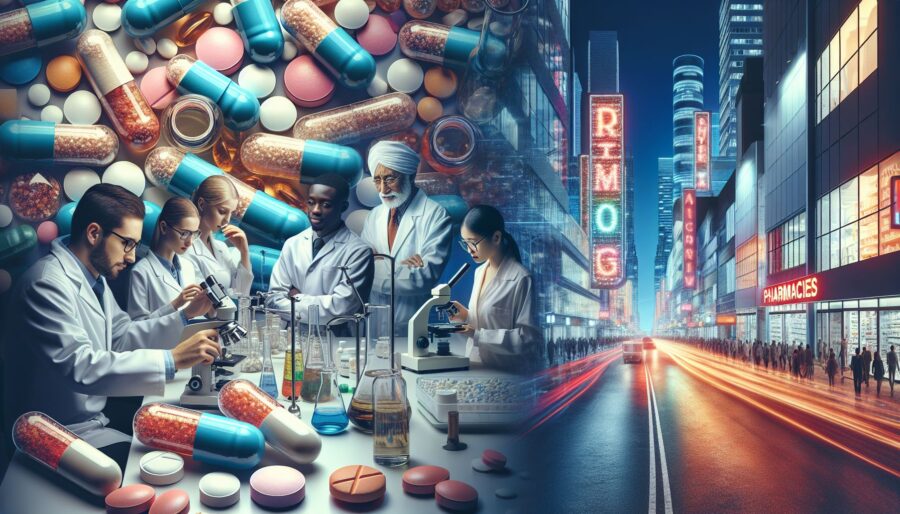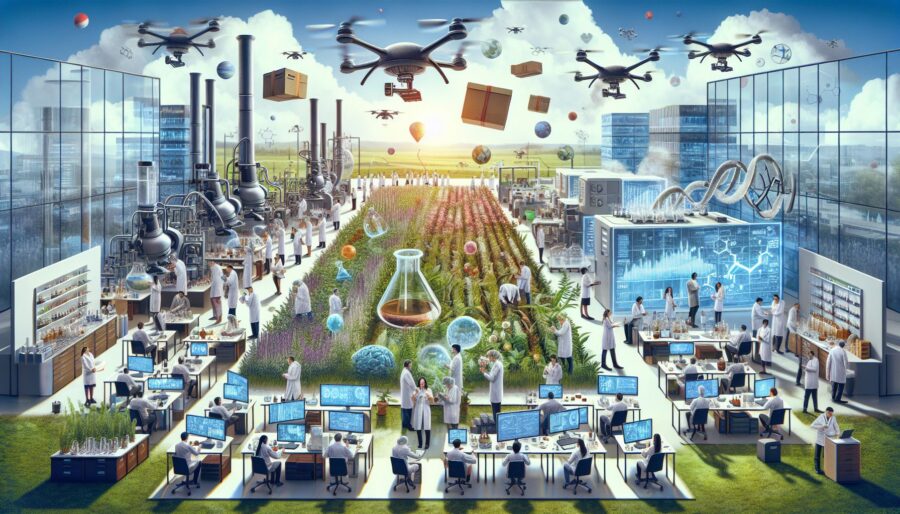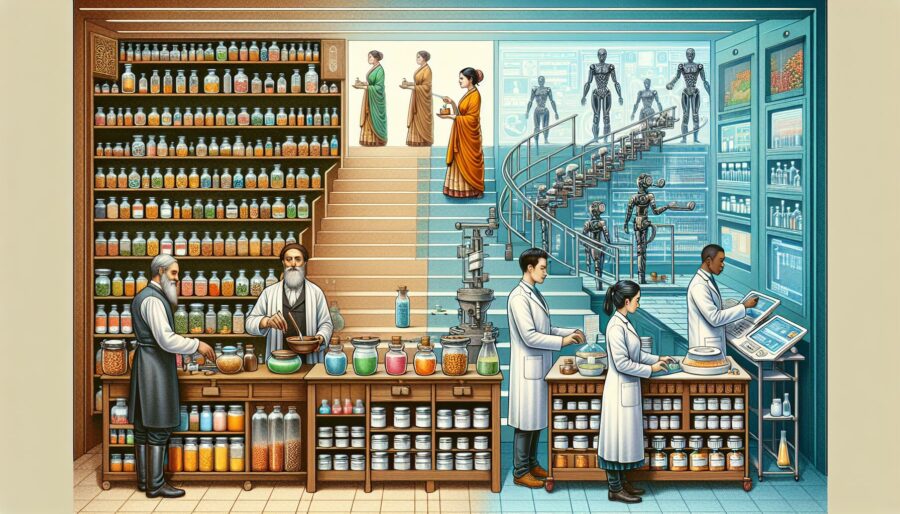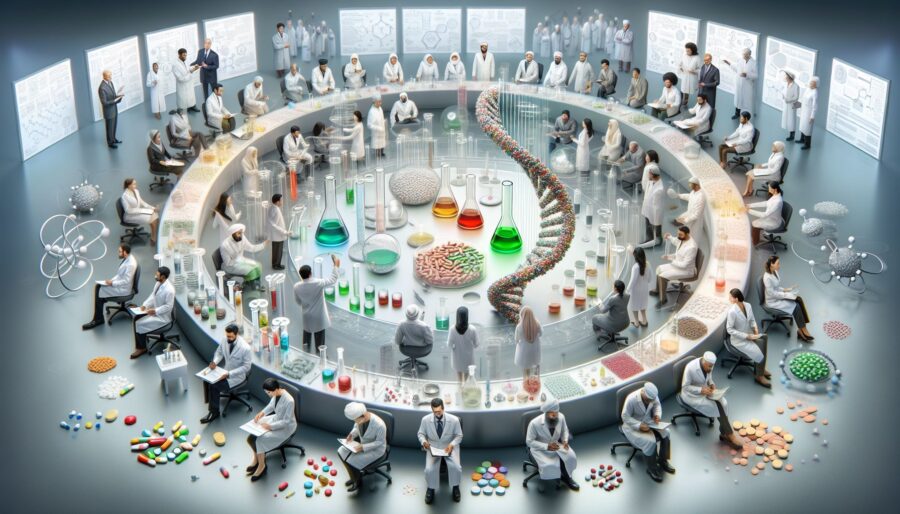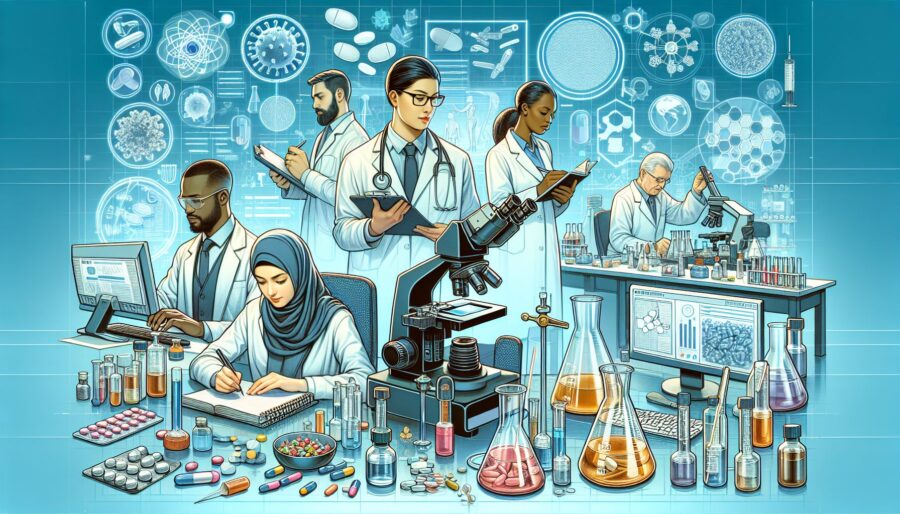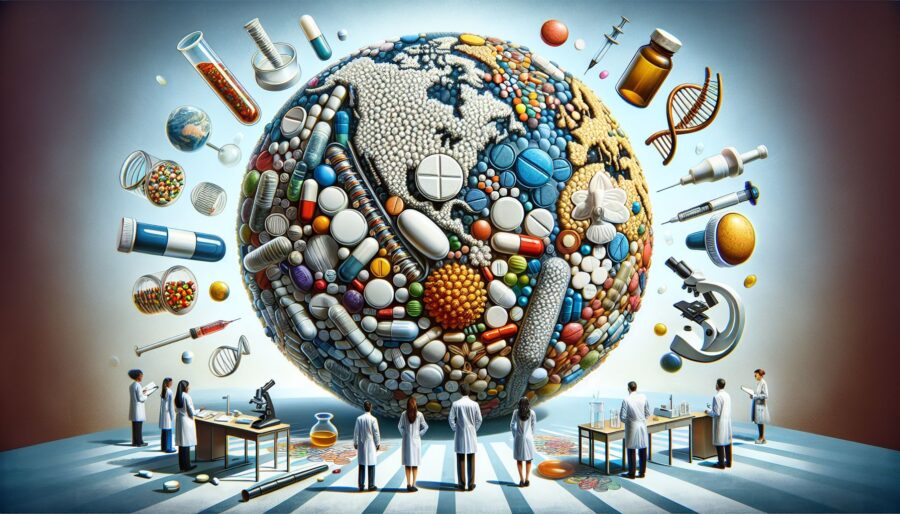The pharmaceutical industry plays a vital role in the healthcare sector by developing and manufacturing drugs that save lives, treat diseases, and improve the overall well-being of individuals worldwide. Over the years, this sector has witnessed significant advancements, leading to remarkable discoveries and innovations that have positively impacted humanity. In this blog post, we will explore the evolution and impact of the pharmaceutical world.
Introduction
The pharmaceutical industry dates back centuries, with its roots in herbal medicine and the discovery of various substances with medicinal properties. However, major breakthroughs in the field emerged in the 19th century with the isolation and synthesis of active ingredients derived from plants, animals, and minerals. These advancements paved the way for the production of drugs that targeted specific diseases, reflecting the beginnings of modern pharmaceutical research.
The Role of Research and Development
Pharmaceutical companies invest heavily in research and development, driving innovation and pushing the boundaries of medical science. This crucial aspect of the industry often involves extensive and rigorous testing of drugs to ensure they are safe, effective, and compliant with regulatory standards. Through extensive clinical trials, scientists can determine the efficacy of new drug candidates and assess potential side effects before they are made available to the public.
Life-Saving Medications
The pharmaceutical world has been instrumental in developing life-saving medications that have eradicated or significantly reduced the impact of various diseases. Vaccines, for instance, have played a pivotal role in preventing the spread of deadly viruses such as polio, measles, and COVID-19. Antimicrobial drugs have revolutionized healthcare by treating infections caused by bacteria, fungi, and parasites. Moreover, advancements in cancer therapies have extended the lives of countless patients and improved their quality of life.
Enhancing Quality of Life
Pharmaceutical interventions extend beyond the treatment of diseases. They also enhance the quality of life for individuals living with chronic conditions. Medications such as insulin enable people with diabetes to manage their blood sugar levels, preventing complications and allowing them to lead full and productive lives. Additionally, drugs used to control blood pressure, cholesterol, and other metabolic conditions contribute to reducing the risk of heart disease, strokes, and other serious health problems.
Addressing Global Health Challenges
The pharmaceutical industry plays a critical role in addressing global health challenges, particularly in developing countries. Pharmaceutical companies often collaborate with governments, non-profit organizations, and research institutions to improve access to essential medications. Through these partnerships, medications for diseases such as malaria, tuberculosis, and HIV/AIDS have become more accessible and affordable in regions that need them the most.
Conclusion
The pharmaceutical world continues to evolve and shape the healthcare landscape. With ongoing research, innovation, and collaboration, new drugs and therapies are being developed to combat diseases, improve health outcomes, and ultimately save lives. As we move forward, it is crucial to ensure equitable access to medications and harness the potential of the pharmaceutical industry to address global health challenges. The dedication of scientists, researchers, and healthcare professionals in this field reaffirms our hope for a healthier and brighter future.

